Election 2015: Why David Cameron will remain as prime minister
Electoral arithmetic suggests that a Conservative-led coalition will still be in power after the general election. Adrian Sykes explains why.
Get the latest financial news, insights and expert analysis from our award-winning MoneyWeek team, to help you understand what really matters when it comes to your finances.
You are now subscribed
Your newsletter sign-up was successful
Want to add more newsletters?

Twice daily
MoneyWeek
Get the latest financial news, insights and expert analysis from our award-winning MoneyWeek team, to help you understand what really matters when it comes to your finances.

Four times a week
Look After My Bills
Sign up to our free money-saving newsletter, filled with the latest news and expert advice to help you find the best tips and deals for managing your bills. Start saving today!

Since Adrian wrote this article, he has amended his predictions. See his latest view here.
We now have only four weeks to go until the election. Last time, I noted that I expect David Cameron to still be prime minister come 8May, and today I'm going to explain to you why. It's a simple matter of electoral arithmetic.
Take the latest odds, which come following the seven-way leadership debate. The spread' on seats has hardened to 284-88 (Tory) and softened to 269-73 (Labour). The SNP are marginally better (41-43), Ukip are unchanged (5-7), but the LibDems have weakened notably (23-25).
MoneyWeek
Subscribe to MoneyWeek today and get your first six magazine issues absolutely FREE

Sign up to Money Morning
Don't miss the latest investment and personal finances news, market analysis, plus money-saving tips with our free twice-daily newsletter
Don't miss the latest investment and personal finances news, market analysis, plus money-saving tips with our free twice-daily newsletter
Bookies report that the expected weight of money is yet to come: not much of a surge' has been seen so far.
To win a majority, a government or coalition needs to take 323 of the 650 seats (I'm excluding Sinn Fein, who are expected to win six seats, but don't take them up or vote). Also, the incumbent prime minister has the first shot at forming government, which could be a very significant advantage.
So at the current offer prices (ie the higher of the two figures in the spread), you'd have the Tories and the LibDems on 313. If they then throw in their lot with Ukip and the DUP, who are expected to win 14 seats between them, you'd have a majority of 327.
On the other side, you'd have Labour plus the SNP on 316. If the DUP join their coalition, that would make it up to 323. But Miliband has ruled out a coalition with the SNP, as have the LibDems.
So in all, it still looks as though a Conservative-led coalition is the more likely outcome.
As it is, I also expect the Conservatives to win more seats than the bookies are pricing in at the moment primarily due to the big shift in Scotland. Come the big day, here's how I expect the results to pan out.
| Tories | 302 | 7 |
| Labour | 248 | 7 |
| SNP | 40 | 40 |
| LibDem | 31 | 5 |
| DUP | 7 | 0 |
| Sinn Fein* | 6 | 0 |
| SDLP | 3 | 0 |
| Independent | 2 | 0 |
| Plaid Cymru | 4 | 0 |
| Alliance | 1 | 0 |
| Green | 0 | 0 |
| Respect | 1 | 0 |
| Speaker | 1 | 0 |
| UKIP | 4 | 0 |
| TOTAL | 650 | 59 |
| *Sinn Fein don't take up their seats or vote |
Under this scenario, Tories and the LibDems remain in coalition, with 302 seats and 31 respectively a comfortable majority at 333. Although if necessary, they can add in Ukip and the DUP for another 11 seats, taking them to 344.
A Miliband-led opposition, composed of Labour (on 248 seats) and the SNP (on 40), would have 288 seats between them. Even if you add in SDLP, Plaid Cymru and others, that's still only another 11 seats, for 299 (remember the Speaker and Sinn Fein do not use their votes).
So if the voting goes the way I expect it to, then only Cameron can form a government, even although it's likely to be in coalition with the LibDems again. In no way can Miliband command a majority.
Adrian Sykes will be writing regular election commentary on the MoneyWeek website between now and 7 May. If you enjoy his columns, sign up to our free daily email, Money Morning, below, to be alerted to when a new one is on the site.
Get the latest financial news, insights and expert analysis from our award-winning MoneyWeek team, to help you understand what really matters when it comes to your finances.
Adrian Sykes was born just after WWII in Quetta, Baluchistan: now a regional HQ of the Pakistani Taliban, then in British India. Though his family lived in Calcutta until he was 19, he was educated in Britain, before joining the British Army. He served for five years, mostly in Germany and London, with tours in Libya and South Arabia.
He worked for 45 years, first as an analyst and stockbroker in the City, then as an investment banker based in Hong Kong; and finally, as an adviser to a major Swiss bank.
He is married, with four children and and lives in East Anglia. He published a history, Made in Britain, the Men and Women who Shaped the Modern World, in 2011, which is now available in paperback.
-
 Should you buy an active ETF?
Should you buy an active ETF?ETFs are often mischaracterised as passive products, but they can be a convenient way to add active management to your portfolio
-
 Power up your pension before 5 April – easy ways to save before the tax year end
Power up your pension before 5 April – easy ways to save before the tax year endWith the end of the tax year looming, pension savers currently have a window to review and maximise what’s going into their retirement funds – we look at how
-
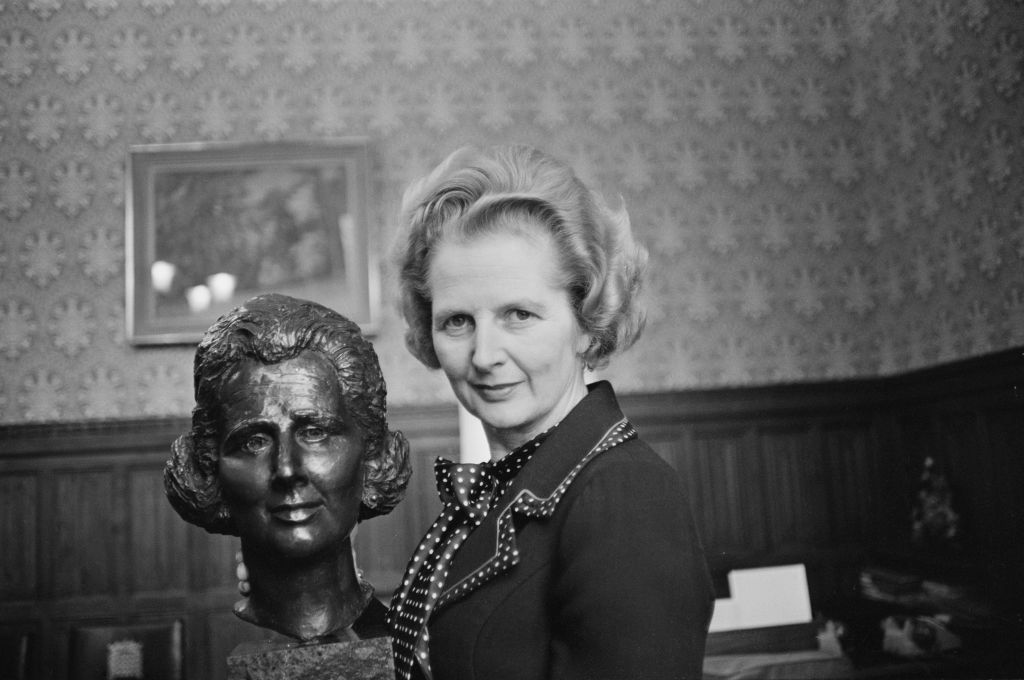 Was Margaret Thatcher great for Britain?
Was Margaret Thatcher great for Britain?The 'Iron Lady’ would be celebrating her 100th birthday this month. Margaret Thatcher rose to power in 1979 as the first ever female prime minister and was one of the most controversial leaders in history, but how did her policies shape today’s finances?
-
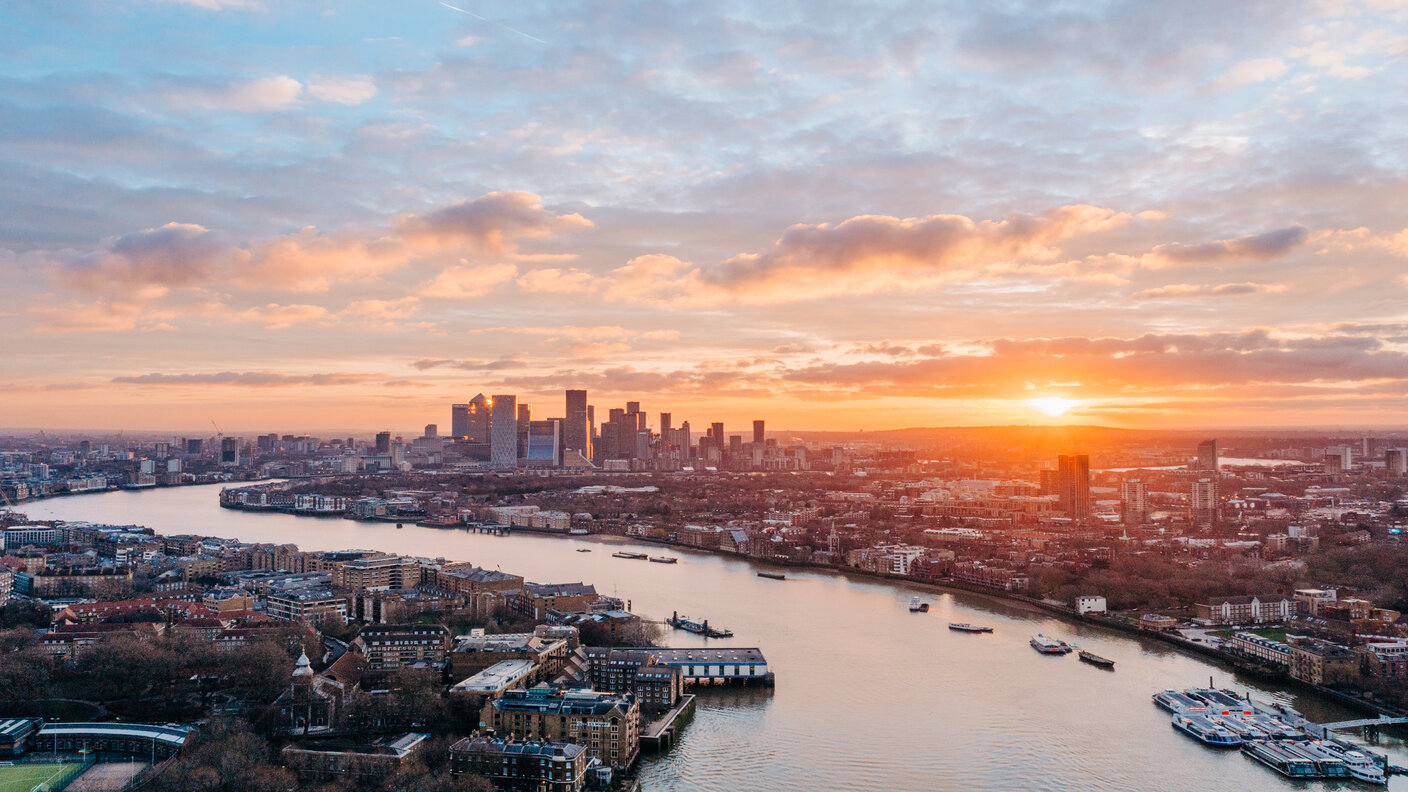 It’s been 16 years, but the UK economy finally has a chance
It’s been 16 years, but the UK economy finally has a chanceOpinion The UK economy has been dealing with one crisis after another since 2007. Policymakers now have a chance to fix some of the underlying problems holding back growth.
-
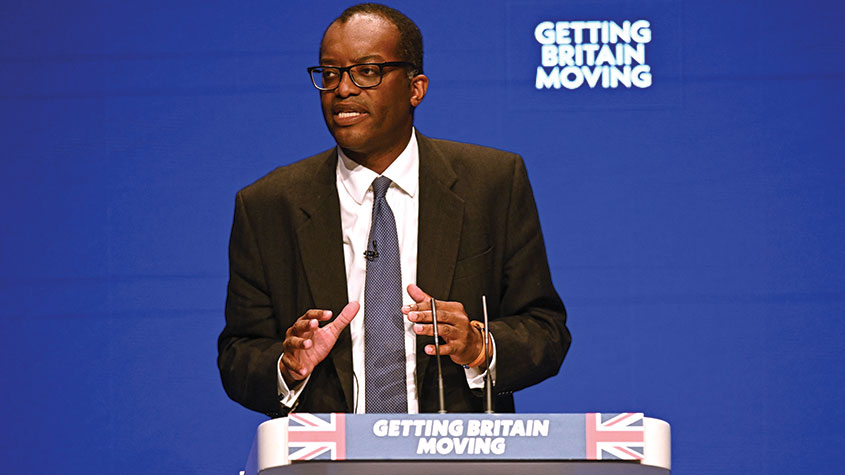 The “plan for growth”: what Truss and Kwarteng got right
The “plan for growth”: what Truss and Kwarteng got rightOpinion The Tories’ “plan for growth” has got off to a bad start, but their reforms can still transform Britain
-
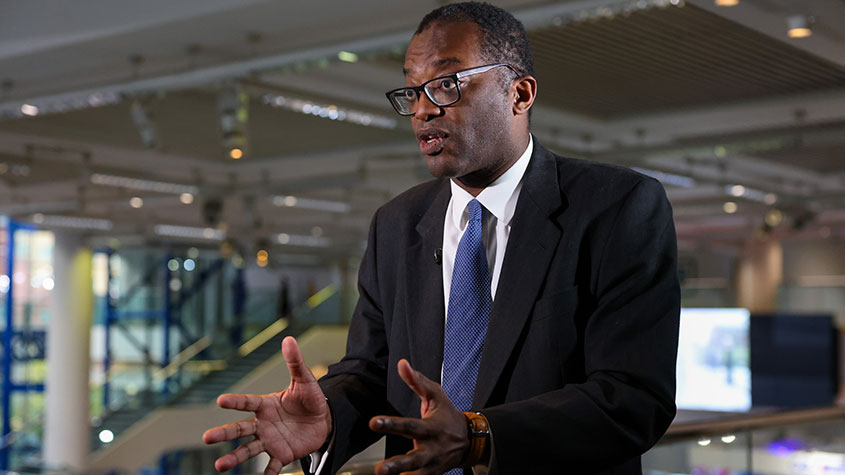 Kwasi Kwarteng U-turns on top tax rate decision
Kwasi Kwarteng U-turns on top tax rate decisionNews Kwasi Kwarteng has U-turned on his top tax rate reduction announced in his mini-Budget at the end of September.
-
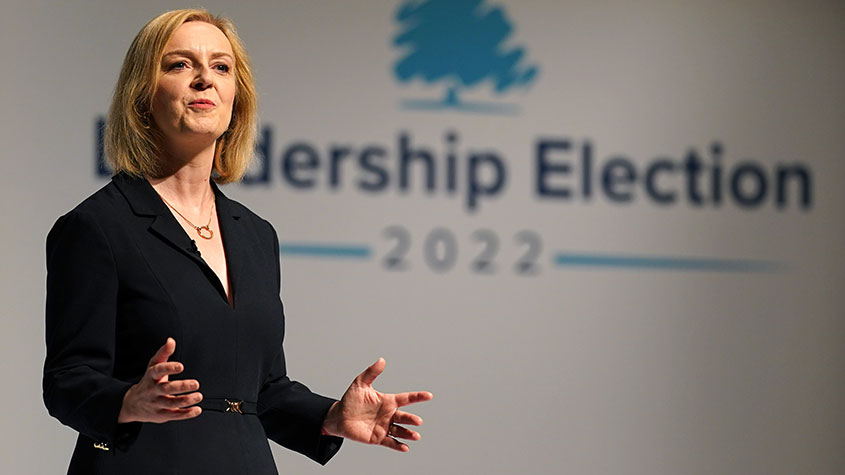 Investors should get ready for a political revolution
Investors should get ready for a political revolutionOpinion Liz Truss will beat Rishi Sunak, cut taxes, and then shake up the Bank of England, says Helen Thomas
-
 Who will be the next prime minister and what are the bookies’ odds?
Who will be the next prime minister and what are the bookies’ odds?News The Tory leadership contest is in its final phase. Matthew Partridge reports on the contest and looks at who the bookies’ favourite is.
-
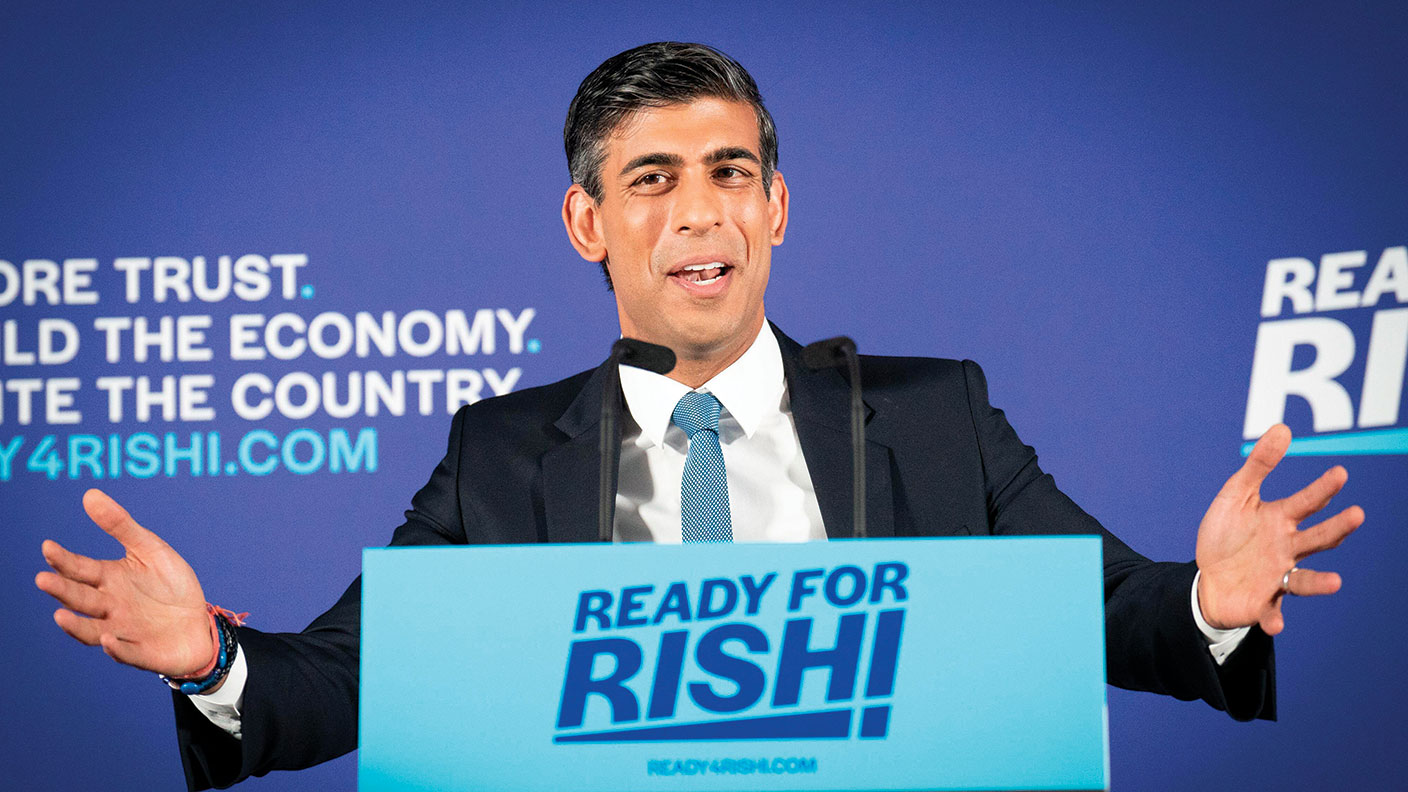 The public may have reached its limit for tax rises
The public may have reached its limit for tax risesEditor's letter The UK tax burden is now at a 70-year high. And, while there may be some reason to hold off on cuts right now, taxes are too high because the state tries to do too much. Perhaps it should do less, says Merryn Somerset Webb.
-
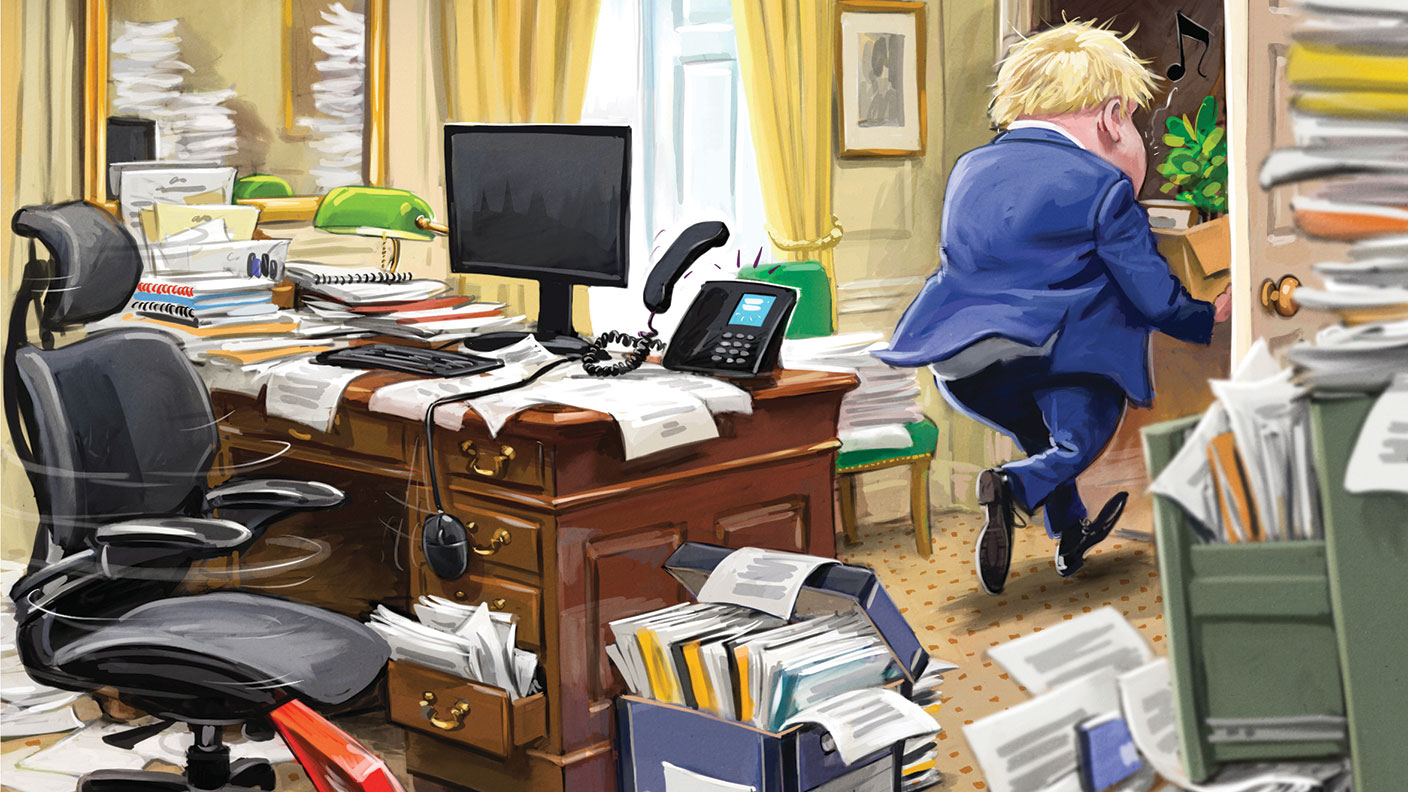 Boris Johnson's exit leaves Britain with a towering in-tray
Boris Johnson's exit leaves Britain with a towering in-trayBriefings Britain’s economic problems are rapidly piling up after the last few years of drift and chaos. What should we do first?